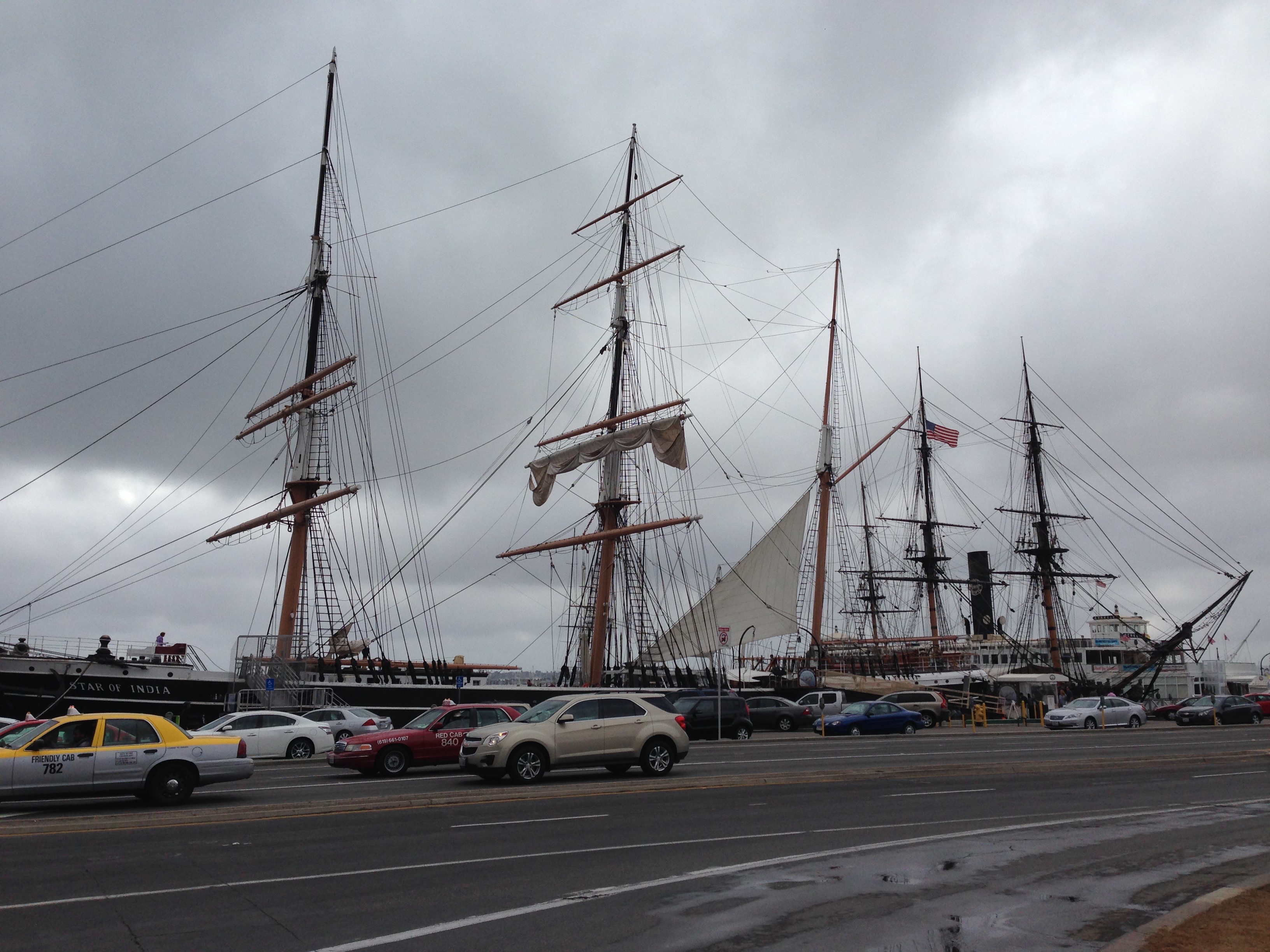Obama Must Match Reagan’s D-Day Speech at Pointe du Hoc
Friday marks the 70th anniversary of the risky allied landing at Normandy. Despite the Germans entrenched along the shores and cliffs, the D-Day invasion succeeded. The assault was marked by extraordinary bravery and horrible carnage. The challenge was particularly difficult for the Rangers, who were assigned the objective of seizing the cliffs of Pointe du Hoc.
President Obama will attend the commemoration, along with other leaders of the Western alliance. His task will not be unlike that President Ronald Reagan faced thirty years ago—convincing our European allies of the need to stand steadfast in the face of Russian (then Soviet) aggression, and to persuade Moscow to become a partner in securing stability and prosperity on the European continent. Not going to be easy this time since Russian President Vladimir Putin will also be attending…and speaking!
In 1984 President Ronald Reagan and allied leaders attending the G-7 Economic Summit left London and gathered in Normandy to commemorate the 40th anniversary of the D-Day invasion, the difficult but eventually successful battle that turned the tide of the war in Europe.
President Reagan gave two extraordinarily moving speeches that day, one at Omaha Beach with French President Francois Mitterrand, and another, more remembered, at Pointe du Hoc–the cliffs the Rangers scaled in the face of German artillery firing directly down on them. This was a U.S. only ceremony, and many of the Rangers who survived that assault were on hand to hear the President that day. I was fortunate to be in charge of coordinating the visit and the event, and it was a moment that none of us there will ever forget.
For a picture of Reagan’s speech, click here.
President Reagan’s speech that day (Peggy Noonan was the primary drafter) was one of the most memorable he gave in his Presidency. In addition to extolling the bravery of the invasion forces, Reagan used the occasion to urge the Allies to stand firm in the face of aggression (then and now from Moscow), but did reach out to the Soviet leadership—saying he was prepared for an improvement in relations, if the Kremlin were as well (remember, this was still a time when the Soviet Union was led by aging apparatchiks, at that moment by the 84-year old Konstantin Chernenko!). I think Reagan was anticipating significant change in the Kremlin, and it came with the selection of Mikhail Gorbachev just eight months later.
President Obama needs to create the same emotional moment as Reagan did, reinforce US/European unity of purpose, and persuade Moscow to become a partner in stabilizing the continent.
Here is a link (click here) to the President Reagan’s speech—I strongly urge you to listen to Reagan’s short but poignant address, and reflect on the significance of this anniversary.
— Tyrus W. Cobb

